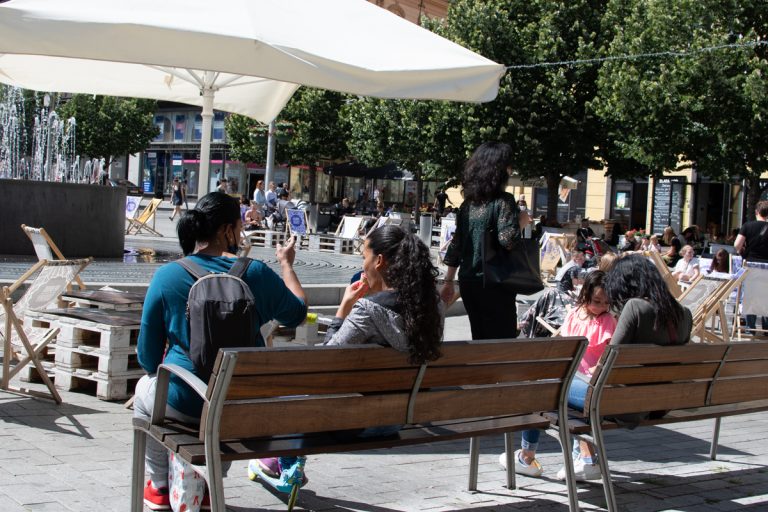Young people in the Czech Republic are more tolerant of ethnic and national minorities than they were in 2020, and perceive the social exclusion of minority groups, which they believe politicians should address, said Sona Polak from the Culture Ministry, speaking to CTK.
The findings came from research by the Czech Council for Children and Youth (CRDM), which surveyed 1,000 respondents aged 15 to 29. The survey focused on young people’s attitudes towards various ethnic, national, religious or sexual minorities.
According to the poll, 44% of respondents would be bothered by having a Roma as a neighbour, and around a third said the same of Muslims and immigrants in general. The percentage of young people who would rather distance themselves from Roma people has decreased by 14 percentage points since the last survey; the figure has dropped by 18 percentage points for Muslims and 13 percent for immigrants in general, according to the survey.
Young people are more likely to want to distance themselves from alcoholics or people who use drugs, yet their tolerance of these groups has also increased. In 2020, 78% of young people would mind having an alcoholic neighbour, dropping to 70% for 2023. People who use drugs bothered more than 80% of people in 2020, compared to less than 75% last year.
According to the survey, young people perceive the social exclusion of minorities as an issue. The largest number (64%) perceive the exclusion of former prisoners or juvenile delinquents, while 61% of respondents perceive the exclusion of immigrants and foreign workers.
The respondents also perceived problems for members of ethnic and cultural minorities and people with psychological problems and disorders; 54% of young people say these groups are excluded.
The status of people with low incomes and education, sexual and gender minorities and people with health disadvantages was also perceived as problematic by the survey participants. The results show that young people perceive the selected groups as most excluded in employment and in access to housing.
Most respondents (79%) agree that the Czech Republic should work to include people with disabilities. 73% said the same of people with mental health problems and disorders.
Fewer people agree with focusing on improving the inclusion of immigrants, members of ethnic and cultural minorities, or former prisoners. 66% of respondents agree with promoting the inclusion of immigrants and foreign workers, while 63% of young people agree with promoting the inclusion of ethnic and cultural minorities and former prisoners or young offenders.







